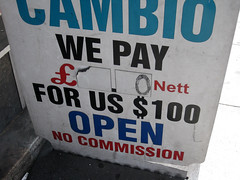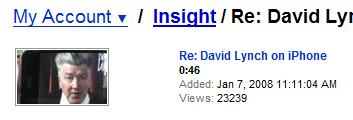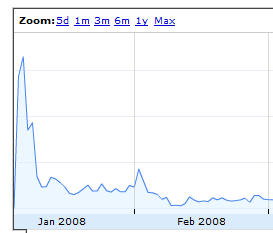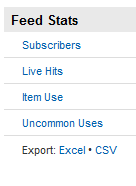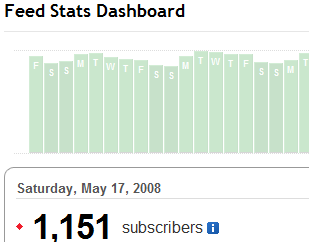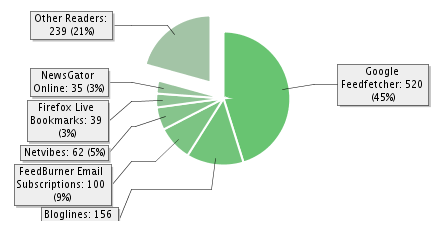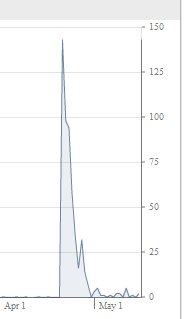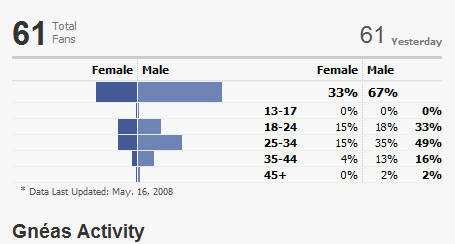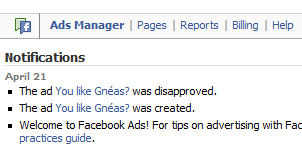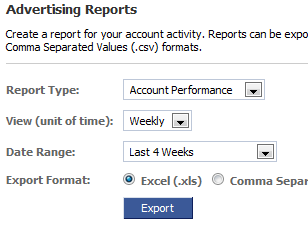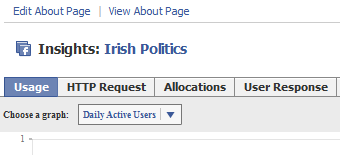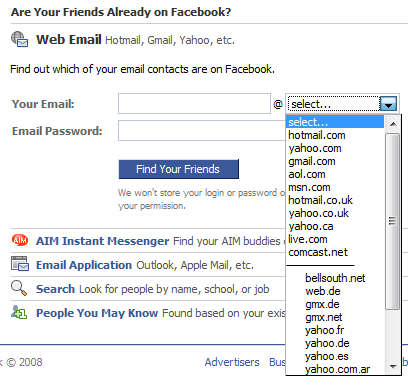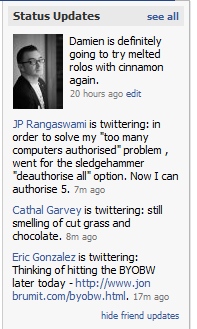I already blogged about it in the Fluffy links ages back but I’m still looking into the terribly alarmist piece the Examiner did on the cost of Facebook to Irish businesses.
The headline on the front page of the Irish Examiner on Thursday 24th of January 2008 was “Facebook: Staff use costing firms €700m a year” yet the first few lines contradicted this by saying:
Workers are logging onto sites such as Bebo, Facebook and MySpace for at least 30 minutes a day — which adds up to a minimum of 10 hours a month or three weeks a year, according to figures released by IT security group Global Secure Systems (GSS).
Except that would be UK workers, not Irish workers. Ireland as the Examiner being a Cork paper should know, is not in the United Kingdom. The figures are here. They are based on a survey of 776 UK workers. Not Irish.
I checked with the company. Half of those surveyed were surveyed at Liverpool St. station in London and half via a website. No Irish people surveyed. (I had actually interviewed the guy from GSS about their survey but it never got printed in the end but I might stick up my notes on the blog instead.)
This is from the press release about the UK:
The poll was carried out amongst 776 office workers, who admitted to spending at least 30 minutes a day visiting social networking sites whilst at work, that’s a minimum of 10 hours a month which equates to 3 weeks of every year
It gets better, this is from the Examiner piece:
Facebook is Ireland’s most popular social networking site with close to 100,000 members. It targets people in the 25-35 age category.
Uhm, try Bebo and the million Irish on it. Try Facebook with the 224,820 people on it as of this morning. Even a simple Google search would get you those REAL facts. Actually no, stop, ever heard of the Irish Examiner? Oh that’s you guys, yeah, you reported Facebook had 131k users last October. You do read your own paper, right?
Hang on though, here are the Examiner facts on Bebo:
Bebo is aimed at the 13-24 age group and it has in the region of 60,000 members in Ireland.
Eh no, see where I pointed to above there. Yeah, you know, a million people. You rang Bebo and asked, right. Front page story, you’d be verifying all the facts right? Even a quick Google, no? If you did ENN might help you.
We get more wisdom:
MySpace is aimed at the over 35s.
You emailed Jay Stevens in the mySpace London office and asked him that? No? Want his number? Let me know.
Let’s get to this money issue though:
If we use the totally WRONG 100k figure from the Examiner:
700Million wasted means that the 100k on Facebook cost their companies 7k a year.
They (wrongly) say 30minutes a day. At 5 days a week. 49 weeks a year. (52- 3 weeks hols) gives us 367.5 hours, Edit: I really can’t add. is 122.5 hours minus 9 bank hols (4.5 hours) gives us 118 hours on Facebook per working year.
So that means that the Examiner is saying that we are costing an employer on average €19.28 €59.32 an hour? So 39 hours a week, 52 weeks a year means us Irish that use Facebook are being paid €120k a year. Nice. Some of ye got pay increases. Congrats.
I don’t think I’ve seen such shoddy fact-checking in a long long time. I’d fire my fact-checkers. I’d hire blind and dumb chimps instead. Anything would improve what you have. Even a blogger.
Update: Changed the figures because I can’t add or multiply!
